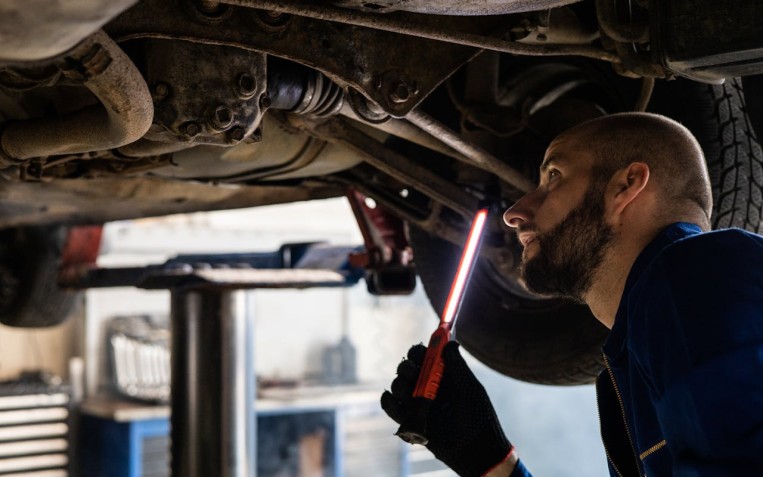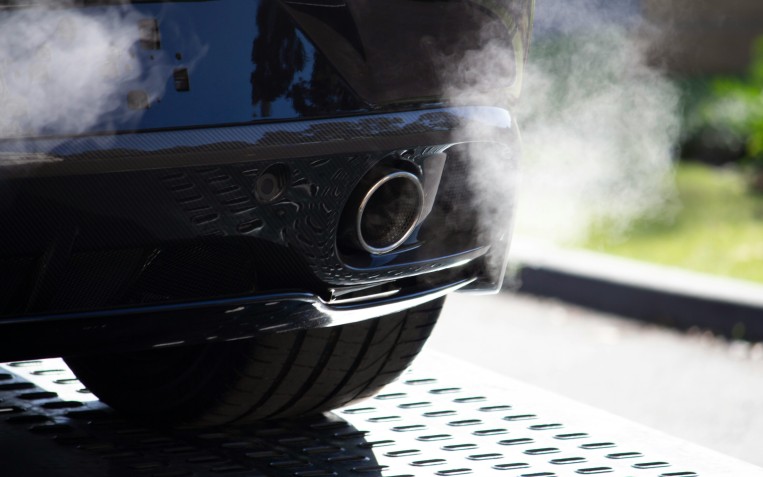MOTs for Classic cars: What you need to know

If you own a classic car, you could be exempt from having it MOT tested. However, the rules are more complex than they are for modern vehicles, and some factors should be taken into consideration. Read our ‘need to know’ guide now to find out more.
Why are classic cars exempt from MOT testing?
Generally, classic cars are owned by car enthusiasts who enjoy working on their cars mechanically. This means they are less likely to be neglected and would still be considered roadworthy.
Do I need an MOT for my classic car?
You do not need an MOT for your car if:
- It was first registered more than 40 years ago, including vehicles first registered before 1960
- No technical changes have been made to the main components of the vehicle in the last 30 years
Are there any exclusions?
For some classic cars, there may be some exemptions. If your vehicle has undergone considerable modifications or ‘substantial change’ in the last 30 years, the classic car MOT exemption law does not apply.
What is considered as substantial change?
Many factors could be considered as a substantial change to a vehicle. However, as a general rule, if the following components have had a major change within the last three decades, then your classic car would be considered to have ‘substantial change’. This includes:
- changes to the engine and number of cylinders
- changes to the axel and running gear such as steering or suspension
- changes to the chassis and sub-frame
How does the 40 year rule work?
The classic car MOT exemption is a rolling law, which applies when your car reaches the 40 year old mark.
Do I need to declare my car as MOT exempt?
Before your vehicle is deemed eligible for exemption, your car will have to undergo the DVLA historical vehicle registration process. You will need to fill out a form either online or through post, which will require you to have your vehicles log book, vehicle tax reminder and insurance certificate or cover note if you are a resident of Northern Ireland.
Regardless of the MOT exemption law, your car is still expected to be roadworthy. Just because your car is 40 years or older, does not mean you can’t have it MOT tested. We recommend you book in for a regular annual service to ensure it is performing efficiently or locate your local PTA Garages for an MOT test.
Related Content

What is the difference between Class 4 and Class 7 MOTs?
A Class 4 MOT test is required for passenger vehicles that weigh less than 3,000 kilograms. Class 4 MOT tests, cover a wide range of vehicles, including: Cars (with up to eight passenger seats) Ambulances Taxis Mot...

Why do MOT tests include an exhaust emissions test
In 2023, 3.2% of all MOTs failed due to noise, emissions and leaks according to data from the DVLA. MOT tests include emissions tests to prevent a hig...

Do EVs need an MOT?
One of the benefits of making the switch to an electric vehicle is the many money saving incentives like not having to pay road tax, or for your car t...

